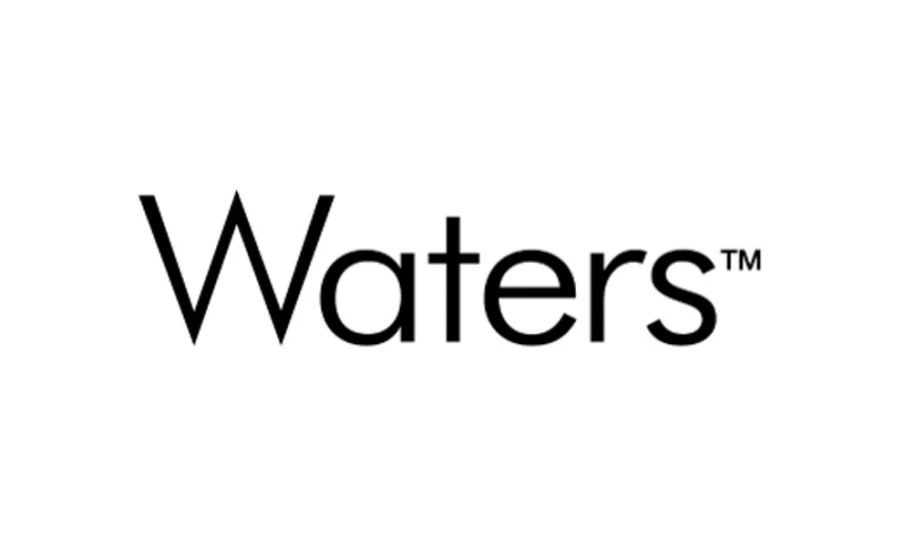Streamlined Proteomics with the Power of Andrew+

Our guest speakers will discuss automation within their lab and how the Andrew+ liquid handling robot has helped streamline their sample preparation workflows for proteomic analysis.
Automation is fast becoming a priority for labs who are looking to improve liquid handling pipetting procedures for simple, yet critical, protocols. The automation of liquid handling procedures allows labs to streamline workflows, helping to improve.
- Reproducibility - Laboratory automation eliminates most human errors resulting in more reliable data and improved productivity.
- Productivity - Andrew+ combines the flexibility of single channel pipetting (0.2 μL to 10 mL) with the higher throughput of multichannel pipetting.
- Health in the Lab - Pipetting requires repetitive movements (of up to 500 times per day for the average user) that can lead to Musculo-skeletal disorders like repetitive strain injury. The use of automated liquid handling reliefs users from this high throughput pipetting burden, helping to improve health within the lab setting.
Testimonials from our guest speakers
Dr Harry Whitwell, Imperial College London
Andrew+ has been a huge asset to the group and is used continuously to support routine sample prep from protein assay to digestion, desalting, peptide assay, sample-standardisation, plate formatting and study reference generation, helping to substantially minimise batch-variation. Data from repeated dilution series across months shows excellent reproducibility in pipetting accuracy and stability with inter-assay CV <5% and R2 above 0.99.
Dr Pavel Shliaha, MRC
In our lab, we use automation in attention-heavy workflows, e.g. concentration normalisation and SPE. The main workflows that we are using the Andrew+ is for concentration normalisation for proteomics. We also plan to use it for SPE for proteomics. My favourite things about the Andrew+ robot are as follows: user interface, great technical support, ability to easily switch pipettes, without the necessity for calibration.
Dr Colleen Maxwell, University of Leicester
We previously found it a major challenge to find sample preparation solutions to match the large scale required for our large cohort clinical proteomics studies without compromising on flexibility – we used to rely on laborious protocols requiring manual pipetting steps in small batches, we have found that these are no longer suitable, and are likely to introduce unwanted batch effects over the long term. Andrew+ has revolutionised our workflows, offering versatility beyond standard bottom-up proteomics digestion and clean-up. Andrew+ is such an adaptable system, so has had a transformative impact on all aspects of experimental design, and has been adopted throughout all our bottom-up proteomics workflows at the van Geest Multiomics Facility in the University of Leicester.
Presenter: Dr Harry Whitwell (Lecturer and Proteomics Platform Lead, Imperial College London)
Dr Harry Whitwell has been proteomic lead at the National Phenome Centre at Imperial College London since June 2020. Alongside this position, he was appointed Lecturer in Proteomics and Integrative Data Analysis in October 2023. Building on funding MRC, EPSRC and BBSRC, he has established a far-reaching facility, supporting projects across the UK. His research focuses on combining multiple analytical modalities to understand disease including mass spec-imaging, proteomics and network-based data analysis techniques.
Presenter: Dr Pavel Shliaha (Head of Proteomics and Metabolomics, MRC, Laboratory of Medical Sciences)
Dr Pavel Shliaha completed his Ph.D. in proteomics at the laboratory of Professor Kathryn Lilley in Cambridge, UK, focusing on organelle proteomics. He then pursued a postdoctoral project in Professor Ole Jensen's group at the University of Southern Denmark, concentrating on histone PTM profiling and intact protein analysis. Pavel briefly worked at Memorial Sloan Kettering Cancer Center as a postdoc before moving to MSD (New Jersey). Throughout his career, Pavel has been interested in automation and high-throughput sample processing. In particular, he has experience working with Hamilton Star, Opentrons, and Andrew+ systems.
Presenter: Dr Colleen Maxwell (Postdoctoral Researcher, University of Leicester)
Colleen is a post-doctoral research associate at the Leicester van Geest Multiomics Facility at the University of Leicester. She completed her undergraduate studies in Chemistry at Imperial College London, graduating in 2019. During this time, she spent a year working in a pharmaceutical company, where she gained her initial exposure to analytical chemistry and mass spectrometry. Motivated by her interest in this field, Colleen pursued a PhD at the University of Leicester, focusing on the use of shotgun and targeted proteomics to develop and validate multiplexed biomarker panels for coronary artery disease. After completing her PhD in 2023, she continued her research as a postdoctoral associate, expanding her work to include new projects that integrate deep cardiac MRI phenotyping with proteomics in collaboration with the cardiac imaging team at Leicester. Colleen is passionate about the automation and standardisation of proteomics to ensure highly reproducible and high-throughput biomarker studies in large clinical cohorts
